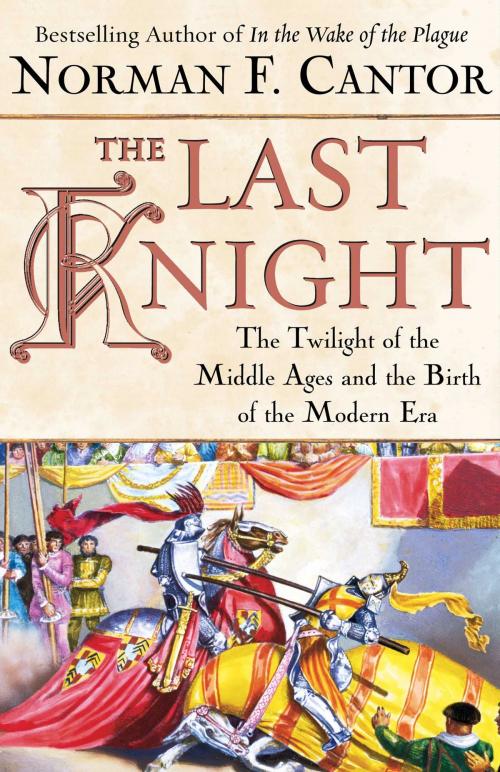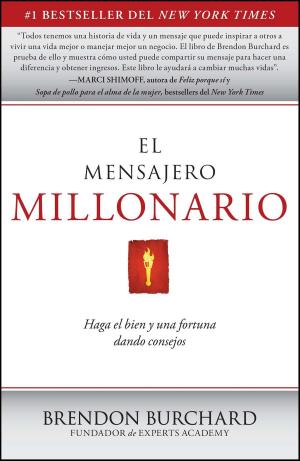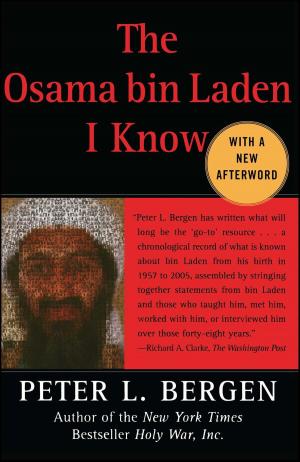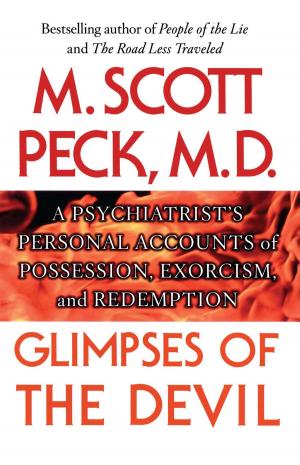The Last Knight
The Twilight of the Middle Ages and the Birth of t
Nonfiction, History, Medieval, Biography & Memoir, Royalty| Author: | Norman F. Cantor | ISBN: | 9781439137581 |
| Publisher: | Free Press | Publication: | May 11, 2010 |
| Imprint: | Free Press | Language: | English |
| Author: | Norman F. Cantor |
| ISBN: | 9781439137581 |
| Publisher: | Free Press |
| Publication: | May 11, 2010 |
| Imprint: | Free Press |
| Language: | English |
There may not be a more fascinating a historical period than the late fourteenth century in Europe. The Hundred Years' War ravaged the continent, yet gallantry, chivalry, and literary brilliance flourished in the courts of England and elsewhere. It was a world in transition, soon to be replaced by the Renaissance and the Age of Exploration -- and John of Gaunt was its central figure.
In today's terms, John of Gaunt was a multibillionaire with a brand name equal to Rockefeller. He fought in the Hundred Years' War, sponsored Chaucer and proto-Protestant religious thinkers, and survived the dramatic Peasants' Revolt, during which his sumptuous London residence was burned to the ground. As head of the Lancastrian branch of the Plantagenet family, Gaunt was the unknowing father of the War of the Roses; after his death, his son usurped the crown from his nephew, Richard II. Gaunt's adventures represent the culture and mores of the Middle Ages as those of few others do, and his death is portrayed in The Last Knight as the end of that enthralling period.
There may not be a more fascinating a historical period than the late fourteenth century in Europe. The Hundred Years' War ravaged the continent, yet gallantry, chivalry, and literary brilliance flourished in the courts of England and elsewhere. It was a world in transition, soon to be replaced by the Renaissance and the Age of Exploration -- and John of Gaunt was its central figure.
In today's terms, John of Gaunt was a multibillionaire with a brand name equal to Rockefeller. He fought in the Hundred Years' War, sponsored Chaucer and proto-Protestant religious thinkers, and survived the dramatic Peasants' Revolt, during which his sumptuous London residence was burned to the ground. As head of the Lancastrian branch of the Plantagenet family, Gaunt was the unknowing father of the War of the Roses; after his death, his son usurped the crown from his nephew, Richard II. Gaunt's adventures represent the culture and mores of the Middle Ages as those of few others do, and his death is portrayed in The Last Knight as the end of that enthralling period.















